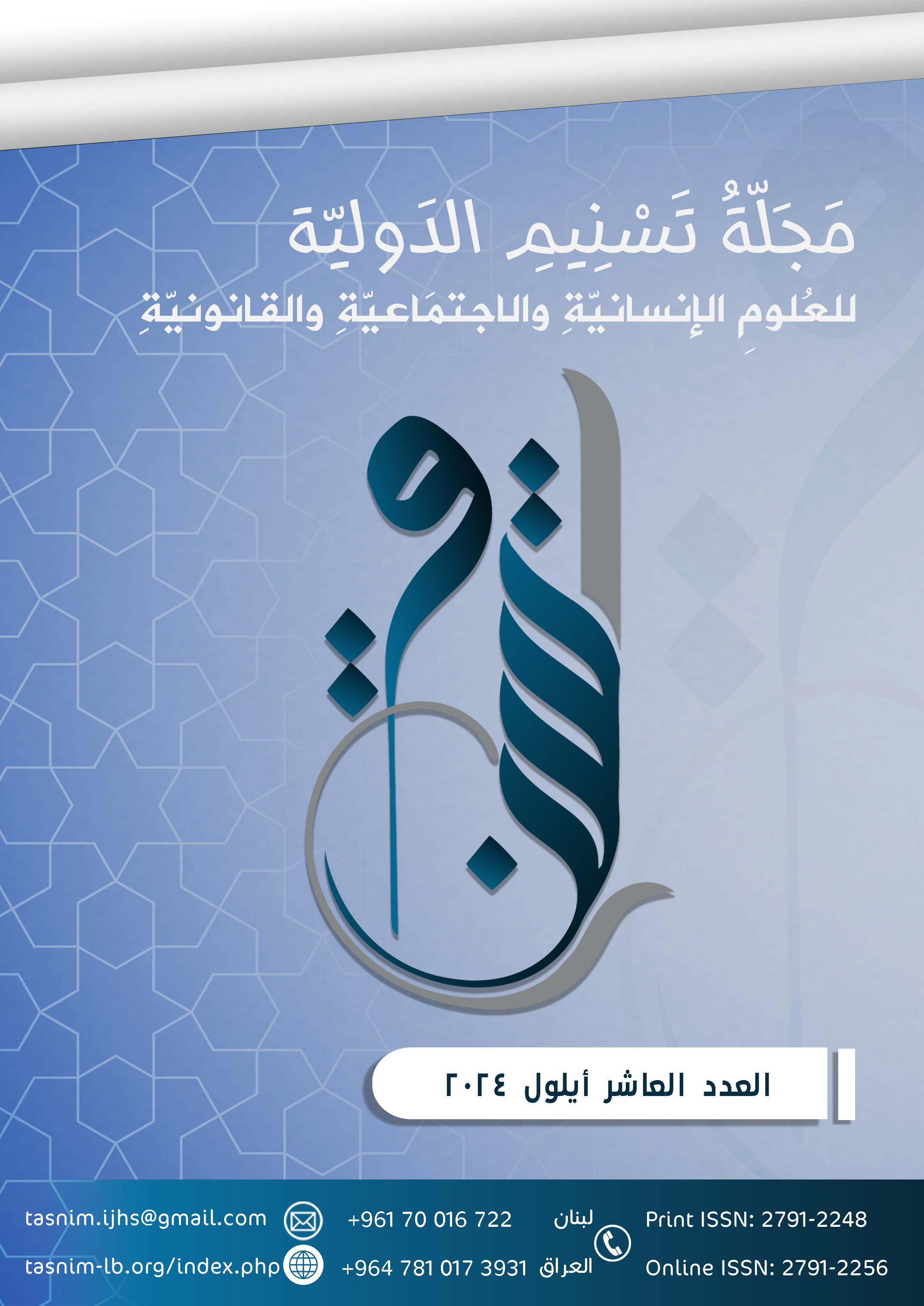حكم الشريعة الإسلامية في التلقيح الصناعي
DOI:
https://doi.org/10.56924/tasnim.10.2024/11Keywords:
Artificial insemination, embryo implantation, Islamic lawAbstract
In language, "insemination" is derived from the root "laqah," and "insemination" is a term taken from the fluid of male camels and horses. The people inseminated the camels and they were inseminated, and it is said that they inseminated the date palms by taking a branch from the male and inserting it into the heart of the date palm's flower. In medical terminology, insemination is defined as the meeting of the sperm with the egg, or the fusion of the female egg's nucleus with the male sperm's nucleus, resulting in their union. In some cases, it is necessary to inject the sperm into the female reproductive system in a manner other than sexual intercourse, known as "artificial insemination." Such cases include when the husband suffers from erectile dysfunction, when he has premature ejaculation, or when he experiences retrograde ejaculation, meaning that his sperm flows back into the urinary tract, damaging the sperm due to the acidity of the urine. Among them is whether highly acidic vaginal secretions damage sperm before reaching the fallopian tube, and whether the vagina is narrow due to a tumor or other reasons that prevent penetration.
Downloads

Downloads
Published
How to Cite
Issue
Section
License
Copyright (c) 2024 Tasnim International Journal for Human, Social and Legal Sciences

This work is licensed under a Creative Commons Attribution-NonCommercial-NoDerivatives 4.0 International License.





